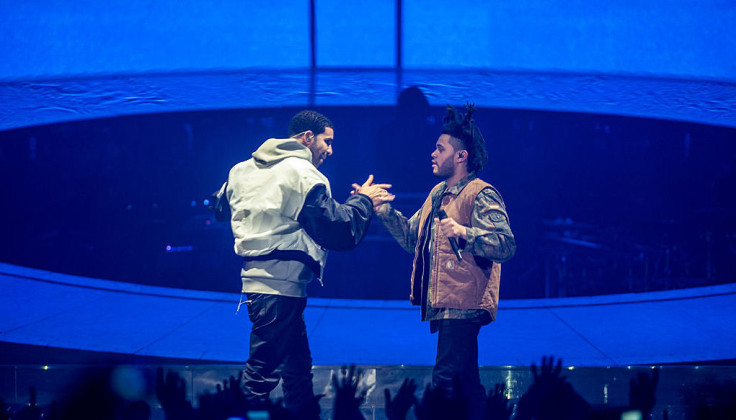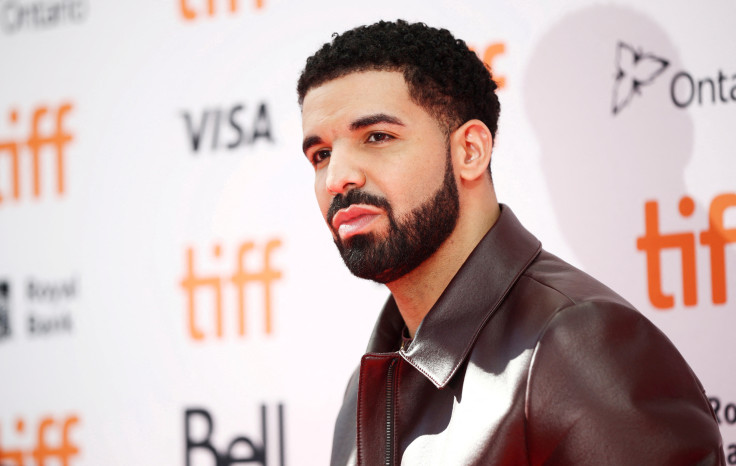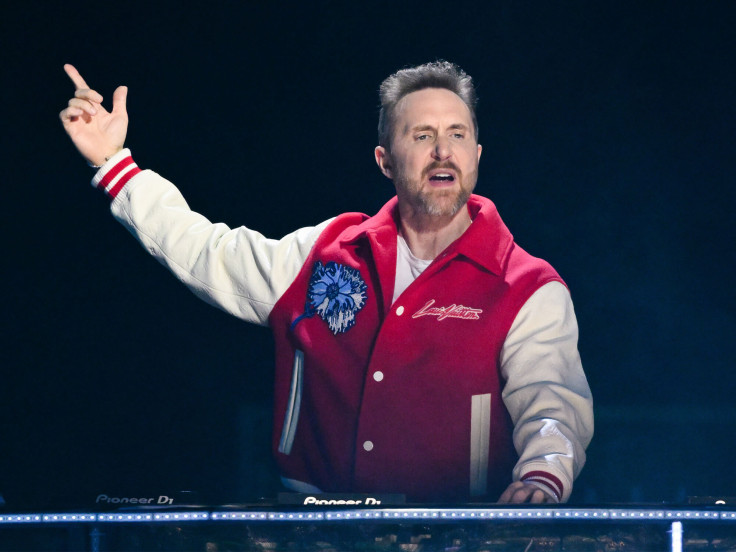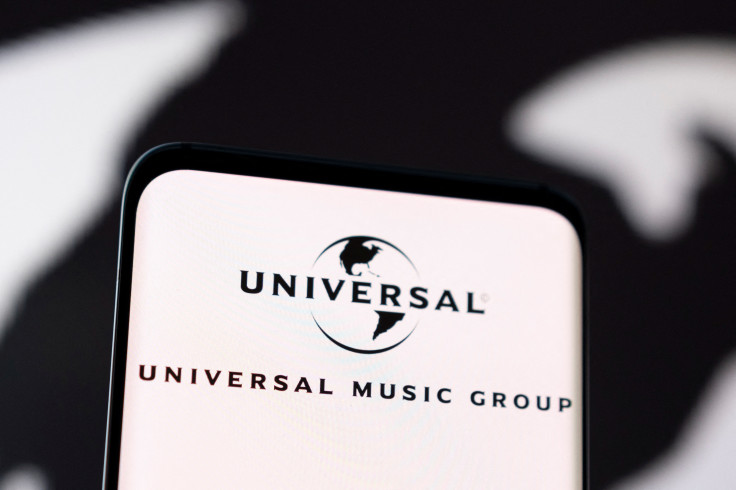How AI is impacting artists and the music industry as a whole
As AI continues to have a growing influence in society, the music industry appears to be one of the latest sectors facing a dilemma in how they move forward alongside it.

Artificial intelligence is currently taking the world by storm and is having a large impact across many sectors and in the lives of many. The music landscape is currently being heavily attached to the usage and potential of AI in its industry.
Recently, music streaming service, Spotify, tapped into the AI market by launching its AI DJ feature to Premium subscribers in the US and Canada. The feature curates music recommendations to users based on their activity, which represents the company's focus on user personalisation.
The technology AI possesses could even replace the work which humans do in the future as 300 million jobs may be eliminated due to the presence and usage of the technology. This includes music where concerns are growing over how artists may become somewhat redundant and worthless.
AI's ability to make and create music arises from it receiving certain musical data such as melodies, beats, patterns and chords. This in turn generates an algorithm which processes the data that has been inputted and produces a new form of music creation.
This formula could become more familiar amongst the public and that in turn may lead to an incredibly large number of AI-generated songs being made. As a result, artists voice's may be cloned onto a newly generated song without their vocals ever existing for it.
Recently many well-established artists have had their voices cloned by way of an AI-generated track featuring their voices and sounding just like them. A track titled, "Heart On My Sleeve", which was created by software based on the voices of Canadian artists, The Weeknd and Drake, just went viral recently.
The song was even available to stream on familiar streaming services including Apple Music, Spotify, Tidal and Deezer before being removed. It was streamed over half a million times on Spotify and garnered a positive reaction from listeners across social media.
Also, Drake's vocals were recently used in another AI-generated track as his voice was used to cover "Munch", a recent hit song from American rapper Ice Spice. Drake responded to the track, seemingly disapproving of it, by saying, "This the final straw AI", on his Instagram story.

If some of the world's biggest artists are already having full individual songs generated based on their voices, it may not be long before entire albums are crafted through AI. Again, if songs made using AI become viral sensations, what is to stop music consumers from demanding more?
Full albums being generated utilising artists' voices would take the prominence of AI in music to even larger heights as albums are viewed as pieces of art that often take numerous years to put together. If AI can replicate that process in a quicker time, artists may be battling against their own artistic qualities to release new albums.
Whilst there have been some concerns over the "Heart On My Sleeve" track and what it poses for music, the reality is people will likely listen to AI-generated music if it becomes available out of pure curiosity. This is because even if a listener has no intention of liking it, they want to see what an AI-generated song from their favourite artists may sound like.
In regard to how artists may feel about this recent rise of AI in music, it will likely dishearten many of them as music is viewed as an art form where plenty of personal influence is present when making songs. This can range from the songwriting aspect, the tones and themes they touch on plus knowing how supporters feel about their music and what emotions they seek when listening to them.
Artists may begin to feel as if they are now tools who have their voice utilised by people who do not even know them, to carry out something they initially made a working career out of. This could lead to making music artists feel worthless as their talents have gotten them to wherever they are in their music career and now without even stepping into a recording studio, a large collection of music could be created with their voices.
American singer and songwriter Khalid has expressed his concerns over AI-generated music, as he told TMZ: "I have mixed feelings about it." He touched on the validity of what AI brings to music and how it impacts him, stating: "I feel it takes away the authenticity, and that's something I really value about myself."
Also, audio engineer and producer, Young Guru, noted further concerns that AI possibly brings to music and beyond. This was after a verse from a long-time collaborator, Jay-Z, was generated through AI and went viral across social media.
He said on his Instagram, that despite new technologies arriving, "we have to protect the rights of the artist. Not only artists but everyone in society. People should not be able to take your Name, Image and Likeness without permission."
However, some artists are strongly for AI with Canadian musician, Grimes, announcing she would be open to her voice being utilised by anyone. She tweeted "I'll split 50 per cent royalties on any successful AI-generated song that uses my voice." She also added that people should "feel free to use my voice without penalty."
Also, French DJ and music producer, David Guetta, has spoken on the positives AI can bring to music. He told the BBC, "I think really AI might define new musical styles. I believe that every new music style comes from a new technology."
Also, Guetta believes AI will stay in music, stating: "I'm sure the future of music is in AI. For sure. There's no doubt."

A key aspect in looking at how AI will perform in the music landscape and the impact it will make may depend on how audiences feel regarding the moral and authenticity side. Some listeners that have a deep understanding of what the music landscape is may feel that using AI to make music is plain wrong because of the exploitation factor.
The music industry is known by many to be cutthroat and ruthless which has in turn caused severe damage to many artists as they have struggled to deal with careers in the spotlight. Also, it is well renowned the difficulty that many artists have with industry figures and record labels, who exploit them and control their careers to the point where artists feel trapped and unable to pursue their lifelong passion of making and releasing music on their own terms.
To some music fans, AI represents another new obstacle in an already tough industry for artists to have to deal with when it comes to exploiters and others trying to control an artist's talents. Many people that truly have a passion for music will feel what AI is bringing to the music landscape is unnatural, and therefore actually neglecting what music is and should be.
Music is one of the most respected forms of art and entertainment and has been for many decades, and that is partly down to the authenticity, passion and soul which goes into creating it. Despite the impressive and advanced features which AI possesses, including crafting together music that strongly replicates an artist's voice, it still will never be enough for many listeners to recognise any legitimacy in the process.
For those music fans who value lyrics and songwriting ability very highly, they may be the most reluctant to take to AI-made music. Fans of this nature likely find strong connections towards their favourite artists because of deeply thoughtful lyrics and what the artist is truly telling in their songs, so AI is unlikely to convince them as no genuine emotion is expected from the music it creates.
For artists that are not actively dropping music on a regular basis, AI could start to become a genuine threat to them. That is from the potential of fans becoming increasingly frustrated that their favourite artists are not releasing any new music, which in turn could lead to them creating music themselves with the tools of AI.
This may be the case, especially for fans of artists who may not be heavy on lyrical content and large substance in their music. Listeners who appreciate aspects of music other than lyrics such as melodies, flows, production, tonality and rhythm, may feel that AI is more than good enough to replicate those elements.
If artists do indeed feel pressurised by AI's growing presence in the music space, it may, in turn, cause them to release music at a greater frequency, so their fans do not forget about them. They may also want listeners to realise that nothing can come close to the authentic voice they possess which made people become fans of them in the first place.
That in turn may lead to artists prioritising quantity over quality as they would be in a heavy rush to churn out music constantly. An unfortunate consequence of this may be a large catalogue of below-par music from artists being released.

In looking at how to combat AI's existence in the world of music, record labels are seeking options to try and minimise the impact it is currently displaying. Universal Music Group (UMG) has requested that music streaming organisations clamp down on AI making its way into their services.
A spokesperson from UMG told CNN that the label has "a moral and commercial responsibility to our artists to work to prevent the unauthorised use of their music and to stop platforms from ingesting content that violates the rights of artists." They alluded to the streaming platforms needing to respect musicians, adding: "We expect our platform partners will want to prevent their services from being used in ways that harm artists."
Now it will be up to more record labels to put their foot down and make their voices clear on where they stand with artificial intelligence. Some may be willing for their artists to be used in some capacity with AI technology but even if this is the case, there will likely be regulations that must be followed so that artists are not being heavily misused and taken advantage of.
Whether or not music listeners accept AI, it is sure to be a relevant talking point across the music industry over the coming years. This is set to include artists, music executives, fans as well as industry experts, who will all have differing opinions and there is sure to be plenty of disagreement due to the controversial nature of the topic.
If AI users learn how to get better at crafting songs, and in turn create popular music, then it will be difficult to halt the potential growth of the technology in the music landscape. The likelihood is artists and labels will have the option of either going along with where AI is headed and having some authority over it, or risk being eventually exploited by AI in ways which they have little control over.
© Copyright IBTimes 2025. All rights reserved.






















